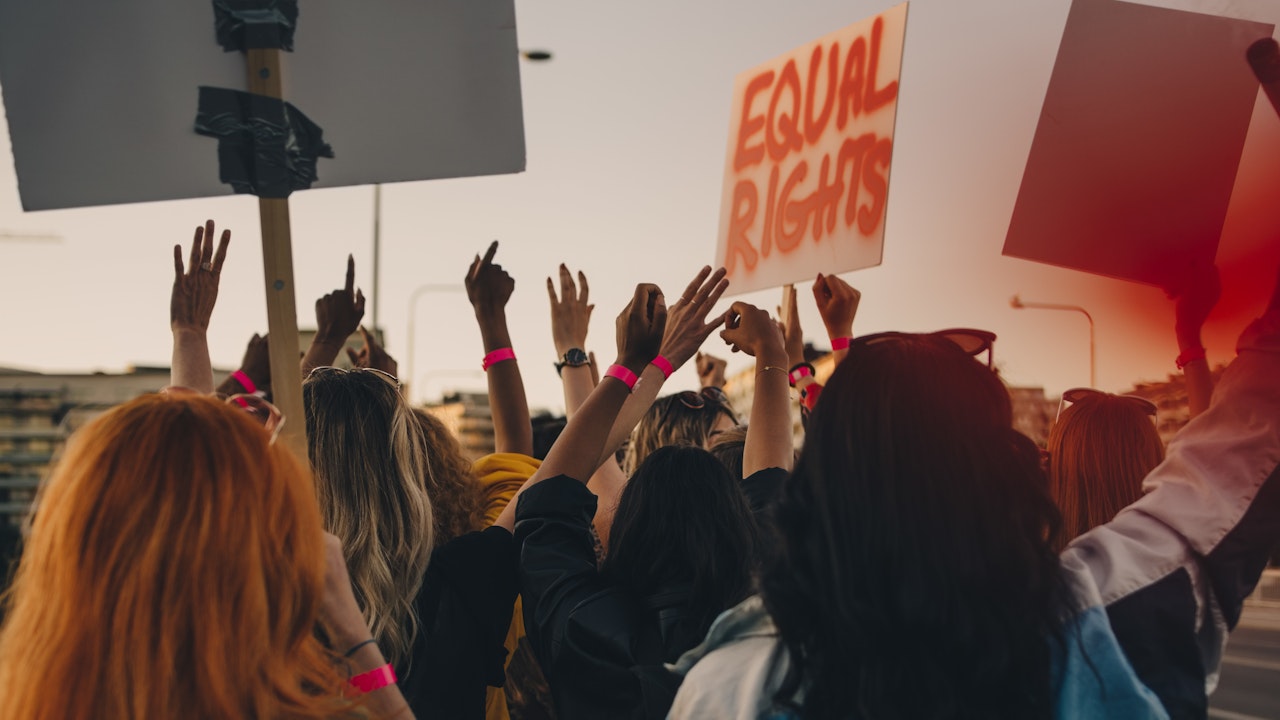Homepage
•
Learning Library
•
Blog
•
How To Make MLK Day Meaningful for Students
Expand breadcrumbs
Expand breadcrumbs
- Learning Library
- Blog
- How To Make MLK Day Meaningful for Students
- Homepage
- •
- Learning Library
- •
- Blog
- •
- How To Make MLK Day Meaningful for Students
How To Make MLK Day Meaningful for Students
By Nicole Krueger
January 11, 2024








